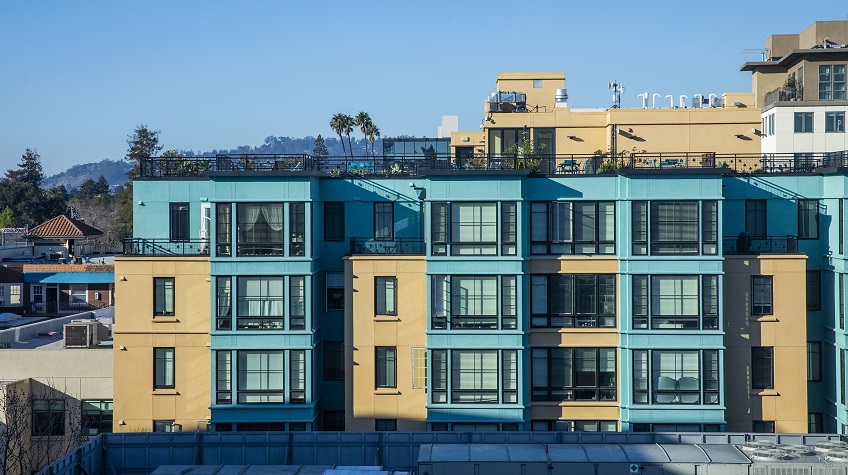COVID-19: Information for Tenants & Landlords
Berkeley’s COVID-19 Eviction Moratorium expired on August 31, 2023
As of September 1, 2023, Berkeley does not have any eviction protections arising from the COVID-19 pandemic, and all state and county eviction moratoria have already expired. State law and the Good Cause for Eviction provisions of the Rent Stabilization Ordinance now regulate terminations of tenancy and evictions in Berkeley.
Page last updated February 23, 2024.
The Moratorium provided enhanced protections for tenants from March 2020 through August 31, 2023. A landlord may now terminate a Berkeley tenancy if they can show a specific good cause for eviction allowed by either the Rent Stabilization Ordinance or state law. For example, this means a landlord may evict a tenant for non-payment of rent that is due starting September 1, 2023, even if the tenant has a COVID-related reason for not paying rent. A landlord may also evict a tenant for lease violations that the tenant fails to correct, or so that the landlord or a qualified relative can move into the property. For further information, please review all good cause protections outlined in the Rent Ordinance.
EVICTION PROCEDURE
A landlord must first give the tenant a written termination notice. After the timeframe in the notice has expired, the landlord must file an eviction lawsuit, called an Unlawful Detainer, in court. The tenant has five days to file an answer in court. If the tenant does not file an answer, the court may enter what is called a default judgment against the tenant, and the tenant will be evicted from the property.
Tenants who receive a termination notice or eviction court paperwork should review these papers carefully and respond before any deadline, even if the tenant believes the landlord’s allegations are incorrect. Also, tenants should immediately contact the Eviction Defense Center or East Bay Community Law Center (contact information listed below) to ensure that they protect their rights.
More detailed information on the eviction procedure and permissible reasons for eviction are available on the Rent Board’s Evictions page. Eviction resources for both landlords and tenants are available at the bottom of this page.
*If you received an eviction notice for non-payment of rent prior to August 31, 2023, and had a COVID-related reason for not paying rent, please contact a Rent Board housing counselor.
BACK RENT THAT ACCRUED DURING THE MORATORIUM
A landlord may not collect back rent that accrued between March 2020 and April 2023 with an eviction lawsuit. A landlord may collect rent that accrued from May 1, 2023 through August 31, 2023 with an eviction lawsuit if the tenant did not provide documentation of a COVID-related reason for non-payment. Landlords also may collect back rent through legal means other than an eviction lawsuit. The Rent Board cannot provide advice on state eviction or collection law and advises any owner or tenant to seek legal advice on this issue.
Resources
Local rent relief funds may still be available! Although Alameda Housing Secure is no longer taking applications for rent relief, the Eviction Defense Center (EDC) has funding from the City of Berkeley to assist Berkeley tenants with rent relief due to Covid-19 or other circumstances. Please contact the EDC at (510) 452-4541 and ask for Eric Magaña or Jose Morales.
City of Berkeley COVID-19 housing retention grants
Alameda County Foreclosure Prevention Program (FPP) for Small, Low-Income Property Owners
California Mortgage Relief Program
August 2023 eviction moratorium mailer
Need help?
For Tenants:
- East Bay Community Law Center: (510) 548-4040
- Eviction Defense Center: (510) 452-4541
- CAL Students: Student Legal Services
For Landlords:
- Berkeley Property Owners Association
- Alameda County Bar Association Low-Income Landlord Legal Clinic: (510) 302‐2222 ‐ Option 4



